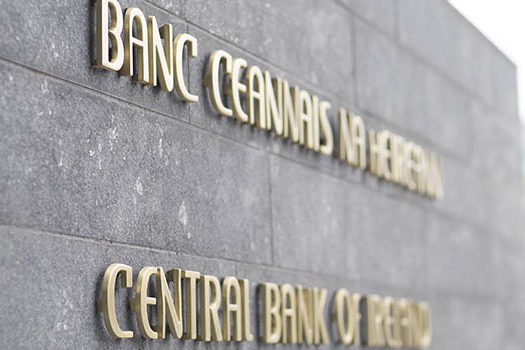Heavy redemptions during the COVID-19 induced sell-off sparked concerns amongst Regulators across Europe who have subsequently increased the scrutiny on liquidity of asset managers in varying manners.
In Luxembourg, the CSSF’s first questionnaire covering the period from 13 April 2020 to 17 April 2020, must be submitted to the CSSF by 22 April 2020. The objective of the questionnaire is to provide the CSSF with weekly updates on financial data (total net assets, subscriptions and redemptions) and an update on governance arrangements in relation to the activities performed by IFMs.
In France, earlier in the month, the AMF issued a reminder to AMCs of their obligations to put in place adequate and effective arrangements, procedures and techniques, to measure and manage at any time the risks which the UCITS and AIFs they manage are or might be exposed to, in particular liquidity risk management. The AMF went on to state that AMCs that breach investment restrictions or experience liquidity difficulties and have to activate certain liquidity management mechanisms (gates, side pockets, suspension of subscription and redemption orders, etc.) must notify the AMF on a daily basis.
Earlier in the year, the Central Bank of Ireland issued a UCITS liquidity questionnaire which was required to be completed by March.
Germany recently introduced new liquidity tools, including redemption notices and swing pricing. Previously, the only liquidity tool at a funds disposal was suspensions. The FT have also reporting that “Germany’s BaFin is holding daily calls with managers of retail funds categorised as having the “most critical liquidity risk status” to discuss possible measures to mitigate the situation”.
With the above in mind, and given the numerous issues that have arisen in the last 15 years, it is astonishing that regulators across Europe have not implemented a consistent approach to oversight of investment funds’ liquidity.
Source: https://on.ft.com/2RZvhou






